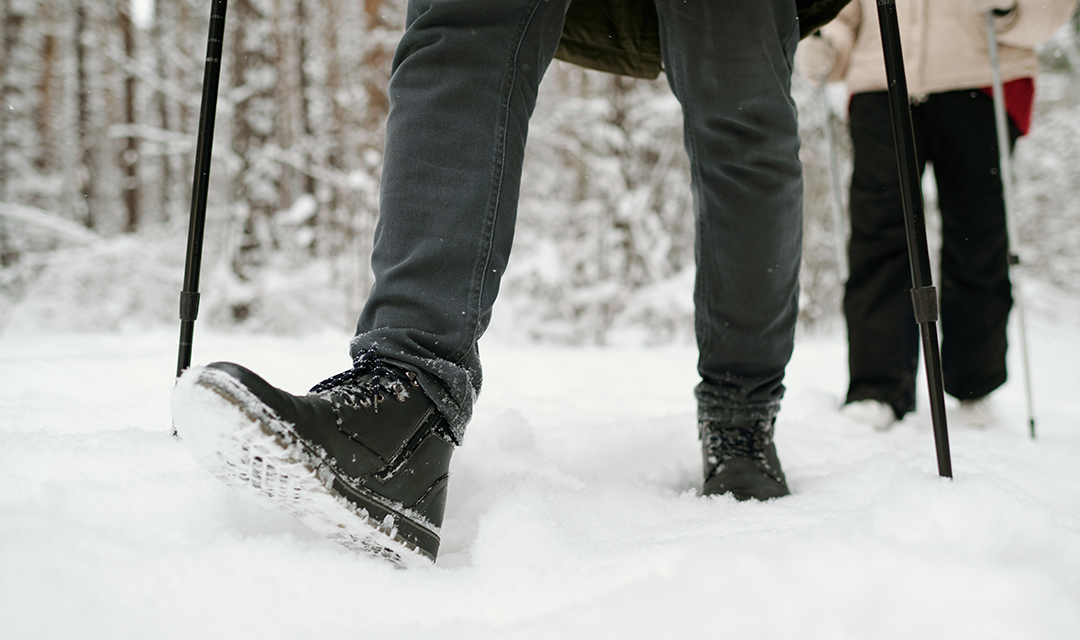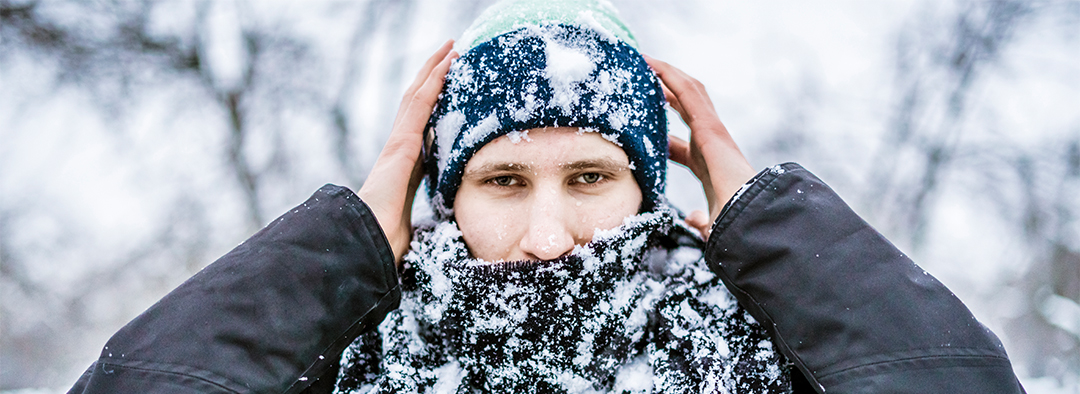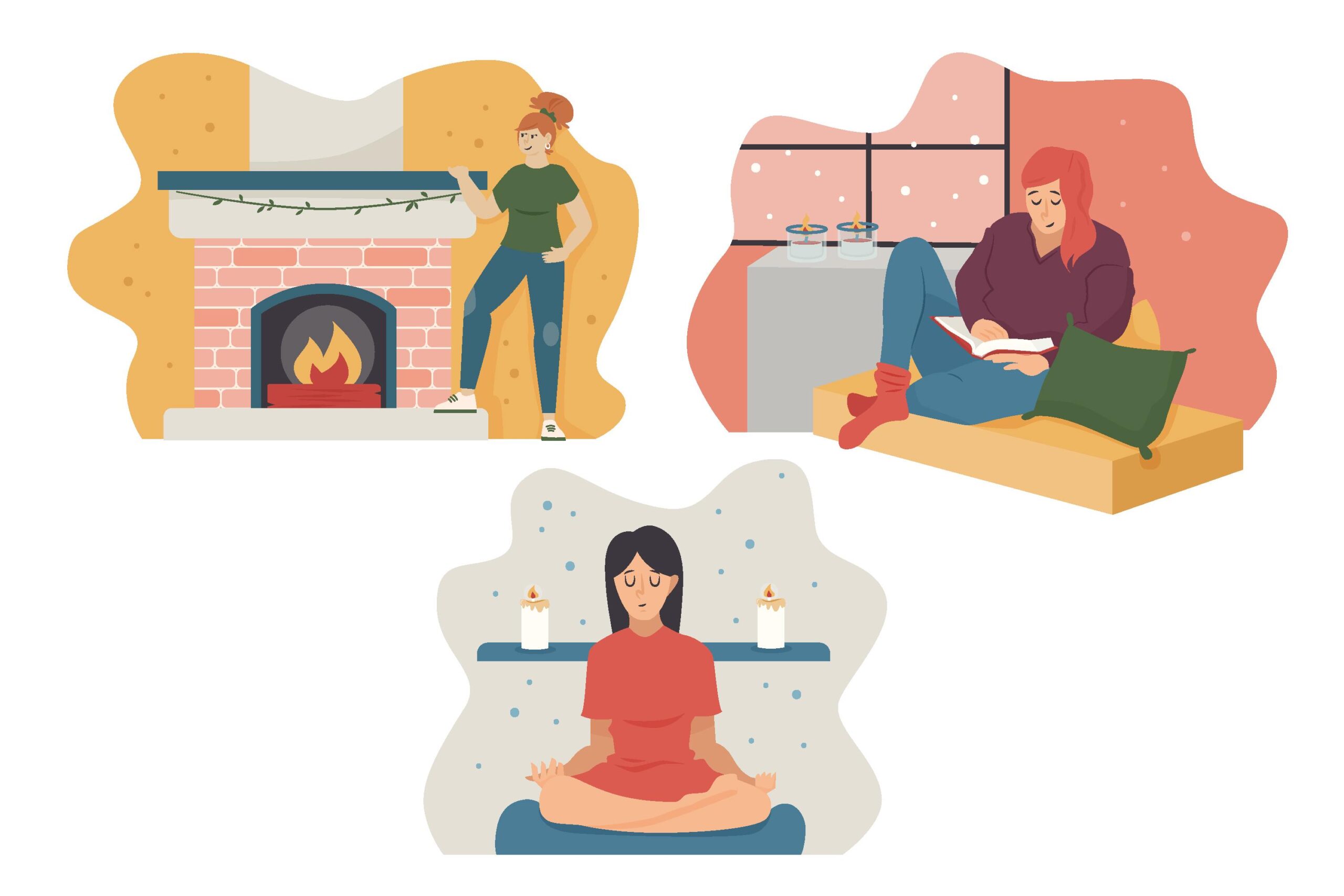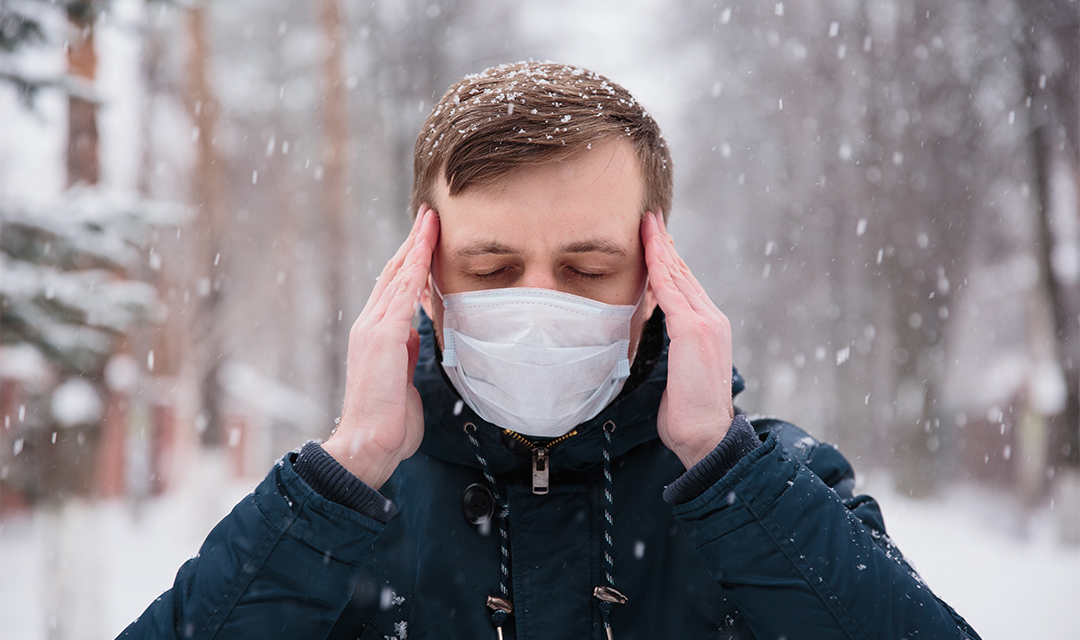Insight Neurosurgery – Winter is the season of snowy weather and outdoor fun. Yet it also comes with a number of risks that can impact your head and brain health. Icy sidewalks and surfaces, winter sports, and prolonged exposure to extreme cold can all lead to serious injuries and health issues. Whether you’re heading out to the ski slopes or are simply shoveling your driveway, the team at Insight Neurosurgery has shared five important tips to keep your head and brain safe this winter.
Watch Where You Walk

Icy surfaces are the leading cause of winter falls each year, resulting in serious injuries such as concussions, fractures, and even spinal cord issues. To help you stay safe, never leave the house without wearing proper footwear. Boots that fit well, have good traction, and have slip-resistant soles are the best choice. It’s also important to walk in well-lit areas, salt snow and ice-covered walkways, and use handrails whenever possible – especially on stairs. Finally, don’t rush! Taking smaller steps or shuffling on slippery surfaces will help you maintain your center of gravity and minimize the risk of falling. Another tip: wearing a heavy, bulky coat will both help you stay warm and cushion your body if you do fall.
Plan Ahead for Winter Sports
Each winter, millions of people spend time outdoors skiing, snowboarding, ice skating, snowmobiling, and enjoying the beautiful winter landscapes. Although these activities are all excellent ways to stay active and improve your health and wellness, they also carry risks of head and brain injuries. Before you participate in any winter sports, be sure you are well prepared and have all of the recommended safety gear. Helmets should always be worn while skiing, snowboarding, and snowmobiling to protect against concussions and traumatic brain injuries. You should also be aware of your limits and avoid activities on any slopes or terrains beyond your abilities. Finally, always follow safety rules and guidelines provided posted at your location.
Avoid Hypothermia and Frostbite

Spending time outdoors for too long in winter climates can harm your brain and body, leading to serious conditions like hypothermia and frostbite. Even if you are not in an extreme winter climate, when the weather is below freezing you should always wear a hat or head covering. Much of your body heat escapes through your head, so keeping it covered is a must. You should also wear warm, moisture wicking layers to help your body retain heat and stay dry. It is also important to not overdo it. It may be tempting to prolong your time outdoors when you’re having fun, but taking regular breaks indoors to warm up will help you avoid developing hypothermia, frostbite, and other conditions common in winter environments.
Be Safe on the Road
If you live in a cold region, it’s likely that you will be driving on slippery roads this winter. The weather can be unpredictable and treacherous this time of year, increasing your risk for car accidents and serious brain injuries. To keep yourself and others safe on icy roads, always wear your seatbelt. This simple but essential step is one of the best ways to reduce the risk of a head or brain injury in the event of a crash. It’s also important to drive carefully, slowing down for the conditions. Sudden brakes and turns on icy roads are leading causes of car accidents each winter. Before you head out, it is also crucial you completely clear your vehicle of snow, including ice buildup on your windshield and windows. Not only will this allow you to see clearly while driving, but it will also prevent snow from blowing on other vehicles, which could cause a collision.

Find Ways to Stay Active Indoors
If you are not an outdoors person, keeping yourself busy at home is a great way to maintain brain health and avoid seasonal affective disorder during the long, dark winter months. Low-impact home workouts such as yoga, stretching, and stationary bikes are all excellent choices to maintain physical fitness and improve circulation. You can also engage your brain with puzzles, reading, and other cognitive activities that bring comfort, knowledge, and fulfillment as you look forward to spring.

Winter is a joyful season that comes with many fun outdoor activities. But the cold weather and icy conditions can lead to serious head and brain injuries if you are not prepared. If you or someone you know experiences a head injury, it is important to seek medical attention as soon as possible. Concussion and traumatic brain injury symptoms to watch for include a persistent headache, nausea/vomiting, confusion or memory loss, and dizziness. The team at Insight Neurosurgery specializes in all aspects of brain health, including traumatic brain injury recovery. If you have recently experienced a head or brain injury, contact us today to schedule a consultation.
Frequently Asked Questions
Q: What is a concussion?
A: A concussion is a mild form of traumatic brain injury that occurs when the brain moves rapidly inside the skull after a blow to the head. Signs of concussion include headaches, dizziness, nausea, and confusion. Concussions are usually temporary but repeated concussions can lead to long-term issues.
Q: How do I know when to seek medical attention after a head injury?
A: It is always advisable to seek medical attention after a head injury. Call 911 if you experience symptoms such as loss of consciousness, a severe headache that does not go away, seizures, difficulty staying awake, and sudden numbness or weakness.
Q: How do I know if my child has experienced a concussion?
A: Children are not always able to communicate symptoms they are experiencing after a concussion, so it is important to be observant as they are playing and know the signs and symptoms of a concussion if one has occurred. Similar to an adult, physical symptoms include headaches, dizziness, nausea/vomiting, blurred vision, and difficulty walking. Memory loss and confusion are also likely. Signs of a severe concussion include loss of consciousness, a severe headache that does not go away, worsening memory problems, seizures, and difficulty walking.

